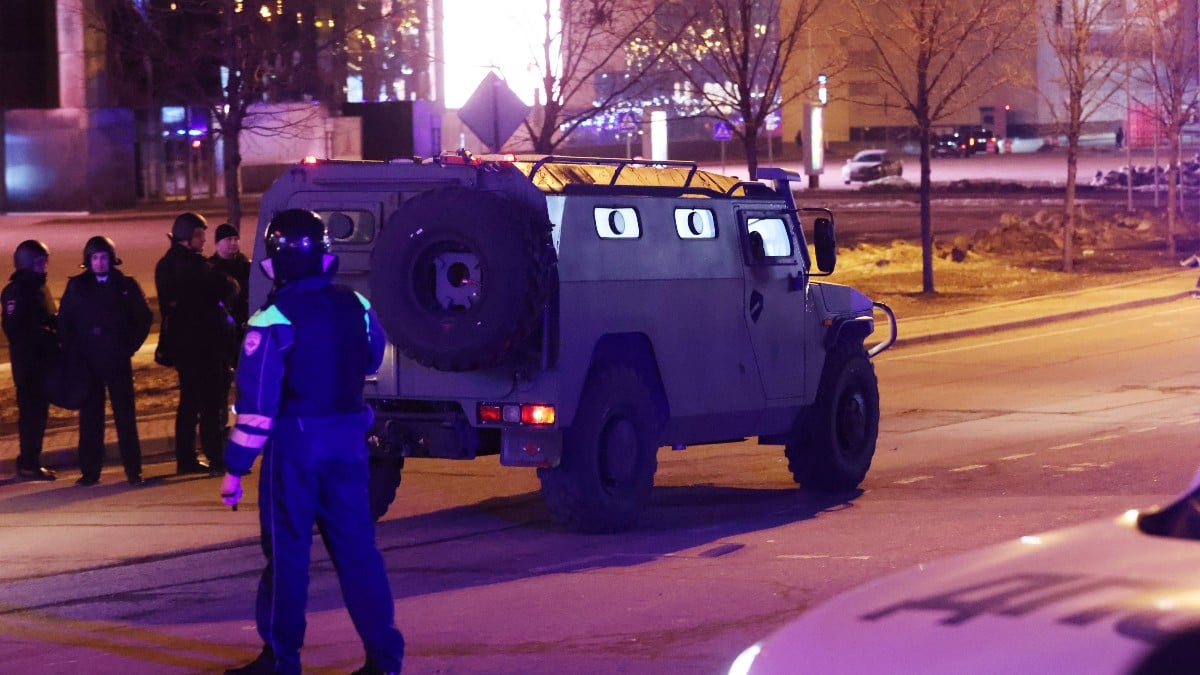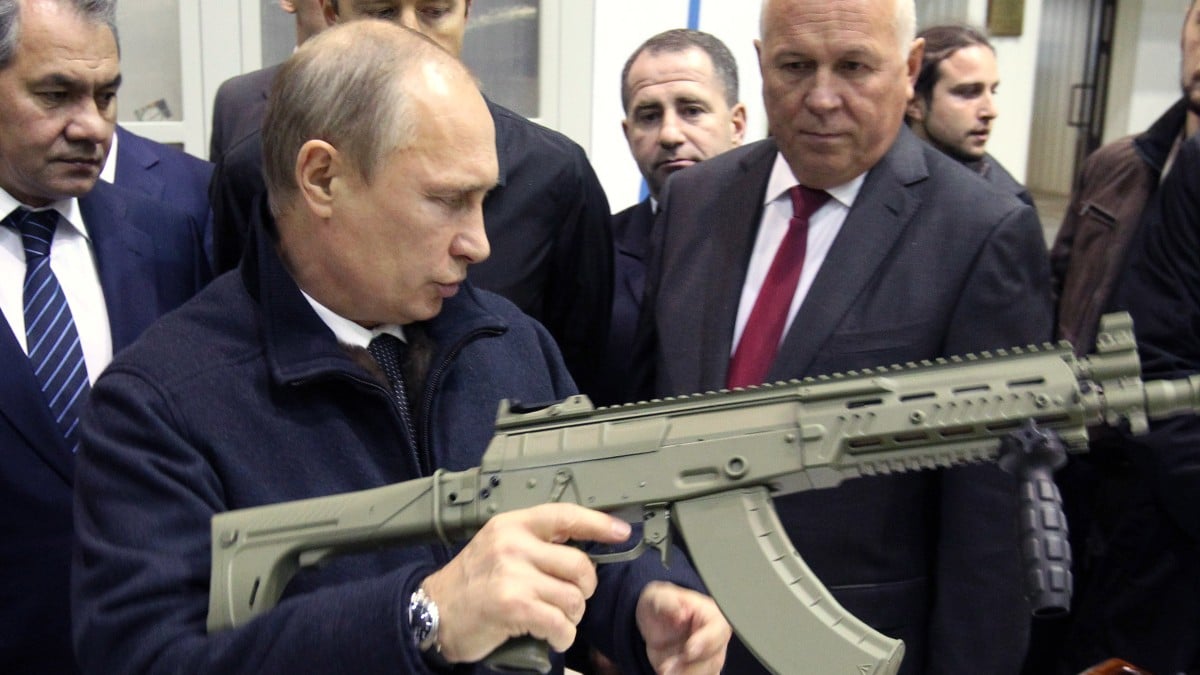The recent mass shooting in Moscow on March 22, which claimed the lives of over a hundred people and left others injured, has raised concerns throughout Russia and the international community. The incident has prompted questions about the effectiveness of Russia’s strict gun control laws, which are among the most stringent in the world.
Guns in Russia don’t have the same cultural backdrop as they do in, say, the United States. There’s no Second Amendment or wild frontier legacy shaping the conversation. In Russia, guns are seen more through the lens of necessity and sport, rather than as a symbol of individual liberty. That’s why you’ll find more emphasis on hunting rifles and sporting guns than on handguns and self-defense weapons.
Before the Bolshevik Revolution of 1917, gun ownership in Tsarist Russia was relatively unrestricted, especially in rural areas where hunting was a common part of life. There were some regulations, but they weren’t as strict as what would become later. Under Stalin, the state tightened control over firearms as part of the broader consolidation of totalitarian governance.
Private gun ownership became highly restricted, with the government maintaining rigorous regulations over who could possess firearms. The primary goal was to prevent opposition groups from arming themselves against the state. Fast forward to today, and the rules have loosened up a tad. The laws have evolved somewhat but continue to be restrictive.
Who can have a gun in Russia?
You’ve got to be at least 18 for a start, and that’s just for low-impact weapons like a hunting rifle or a shotgun. Those seeking something more serious, like a handgun? They’ll need to hit 21 first. Before you even think about holding that gun, you’ll go through background checks and often need to attend a gun safety course. The authorities will also check whether there is any criminal history or current criminal activity.
On top of that, proving mental and physical health through medical examinations is mandatory. All firearms must be registered and you have to renew them for every weapon periodically. Also, a secure storage solution, such as a metal safe fixed to a wall, is a requirement for gun ownership. So, if you change locations you have to do all the paperwork for the gun safe at your new place.
If you’re a sports shooter and a member of a shooting club, you can potentially get a handgun. You’d have to be actively involved in shooting competitions and push through a lot of paperwork. And even after that, you’re not allowed to take the handgun home.
There’s one other way to get your hands on a handgun: You could be awarded one by the government as a reward for doing something extraordinary. This kind of awarded handgun is a special honor and it can’t be sold.
A No-Go for some firearms

Russia may seem tough on gun laws already, but there’s more. There are some guns you just can’t have as a civilian, like automatic firearms. Those are reserved for the military and some law enforcement. After five years of responsible ownership, you can purchase rifles. However, guns with barrels under 20 inches are off-limits. Also, burst-firing guns or those with magazines over ten rounds are a no-go.
Supporters of strict gun laws argue that these measures keep gun-related crimes relatively low compared to countries with looser regulations. However, critics might point out that this doesn’t necessarily solve all violent crimes – it just means that guns are less likely to be involved.
Russia’s gun laws are in the spotlight at a time when it is seeing mass shootings. The last one was in 2021 when the Kazan school shooting took place. Galyaviev was a former student of the school. He was armed with a semi-automatic shotgun that he had legally obtained. Now March 2024’s attack has again prompted Russian authorities to consider tightening gun laws for both the citizens and foreign nationals.
Russian President Vladimir Putin has vowed to punish the culprits, stating that “whoever they are and whoever ordered them” won’t matter. Interestingly, the United States intel had previously warned Russia that such an incident was likely to happen very soon. Meanwhile, ISIS is claiming to have had a hand in it. Russian authorities have allegedly arrested a few suspects in connection with the incident, but the full extent of their involvement and the veracity of ISIS’s claim remains unclear.

